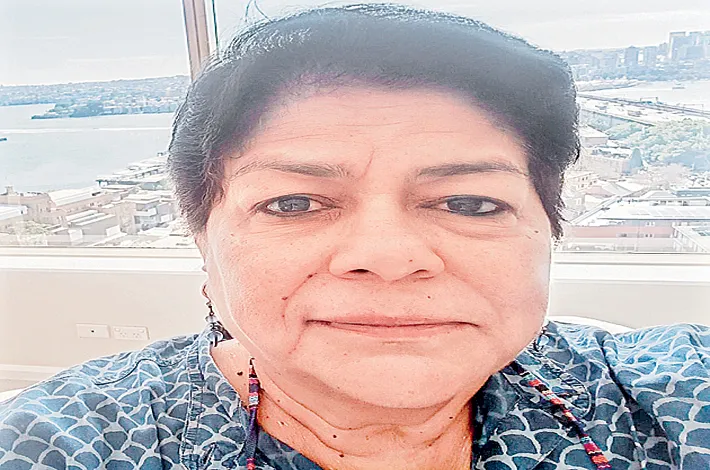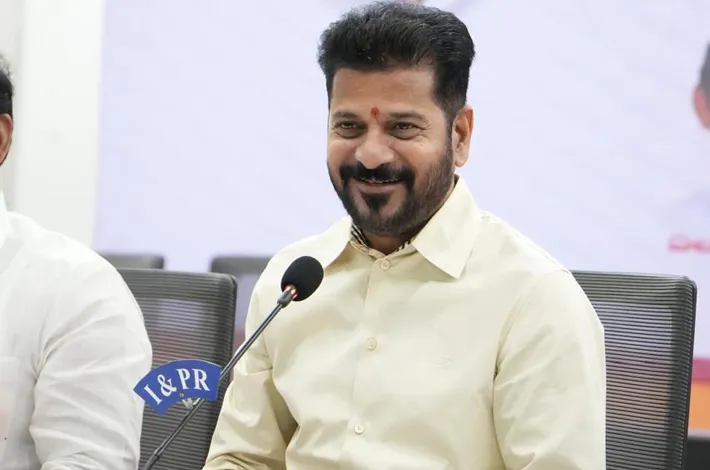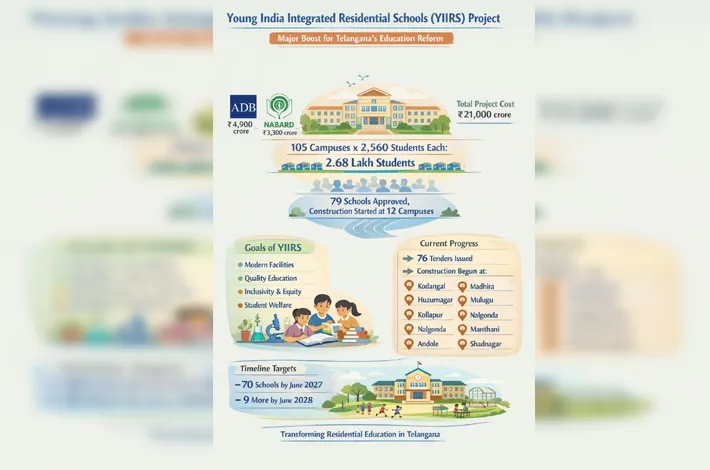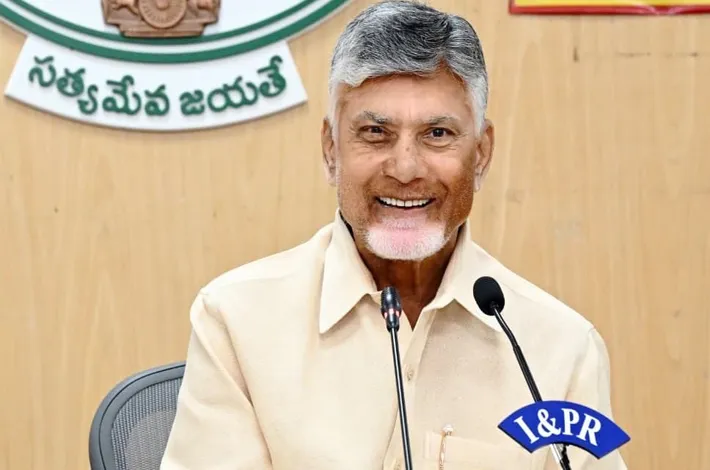Revisiting Mokama Taal
05-11-2025 12:00:00 AM

Patna has transformed remarkably. Aqil Parwez, a talented driver and a well of information, along with the energetic young Abha of Swaraj Post—whom we picked up from Boring Road Choraha—made the journey lively. Once she grips a microphone, Abha’s demeanor shifts completely.
En route, we passed Gol Ghar, which once stored grain for the people and is now part of a park where visitors gather. Then, we headed to Marine Drive, a pristine 17.5 km stretch, later abuzz with cars, bikes, and vibrant food stalls in the evening. In the past, I’ve crossed the close to 9 km Gandhi Setu Bridge.
Everything looked fresh, clean, and new—yet potholes stubbornly appeared, a common tale across India. Despite the road conditions, political rallies drew massive crowds; candidates remained spirited, even as some stood atop vehicles with tyres buried in deep potholes.
Our next destination was Mokama, recently in headlines after the tragic killing of Jan Suraaj supporter Dularchand Yadav on October 30. He was slain amid clashes during election campaigning, reportedly in front of JD-U candidate Anant Singh. Singh was later arrested from Bahr village with two associates. Bihar mein khoon kharaba nahin hua, to woh election mahol kaise banega?” (Without bloodshed, how can there be an election atmosphere?)
Mokama exudes a quiet energy; people prefer murmuring over loud voices. Despite the violence, many are inclined to vote for Anant Singh, who gained sympathy after his arrest. Women campaign for him, and others outside shops and on walls declare their support for this well-known Bihar strongman.
The contest here is essentially between two “bahubalis”—Anant Kumar Singh and his brother Dilip Singh, against Surajbhan Singh, a former RJD MP. Surajbhan’s wife, Veena Devi, is contesting against Anant Singh. Both candidates belong to the Bhumihar community. This small town votes in the first phase on November 6.
Anant Singh’s family has been a political force in Mokama since 1990. Despite losing elections, he’s navigated various parties with ease. He faces 28 criminal cases—ranging from murder to kidnapping and assault—some linked to the notorious Sonu-Monu gang.
Many politicians in Bihar have spent time in jail, and Singh was recently released from Beur Jail in Patna after being acquitted in an arms case. Bihar’s electorate is often considered a ‘thinking’ vote bank, yet caste and violence still heavily influence their choices.
Our highway toward Begusarai is lovely, passing through the iconic Mukama Taal. The landscape is dotted with lush paddy fields. We spoke with villagers collecting wood; all expressed support for JD(U) and Nitish Kumar’s re-election as CM—there’s no sign of anti-incumbency, despite Nitish Kumar’s occasional gaffes, like jokingly calling Narendra Modi the best CM. According to the grapevine, it is the onset of Alzheimer's.
While agriculture dominates, industry and jobs are scarce. How has Bihar endured, rooted in caste politics and limited economic activity? Where are the ‘thinking’ Biharis, I wonder?
At Mokama, Shubham from KS Agro Chemicals believes Anant Singh has been unfairly trapped, whereas Alok from Lupin Ltd seemed optimistic. Neither appeared particularly enthusiastic—perhaps happy to have election holidays. We passed through Patli Galli to reach the ‘murder site,’ where residents dried tiny fish on the road—sold as chicken feed.
Meanwhile, Rahul Gandhi’s much-publicized fishing in Bihar has also captured imaginations. On our return, we stopped at Gandhi Hotel in Champapur, where the owner, Buddha, invited us back for another meal. My Bihar chapter is far from over!
(Lalita Iyer is a senior freelance journalist)








